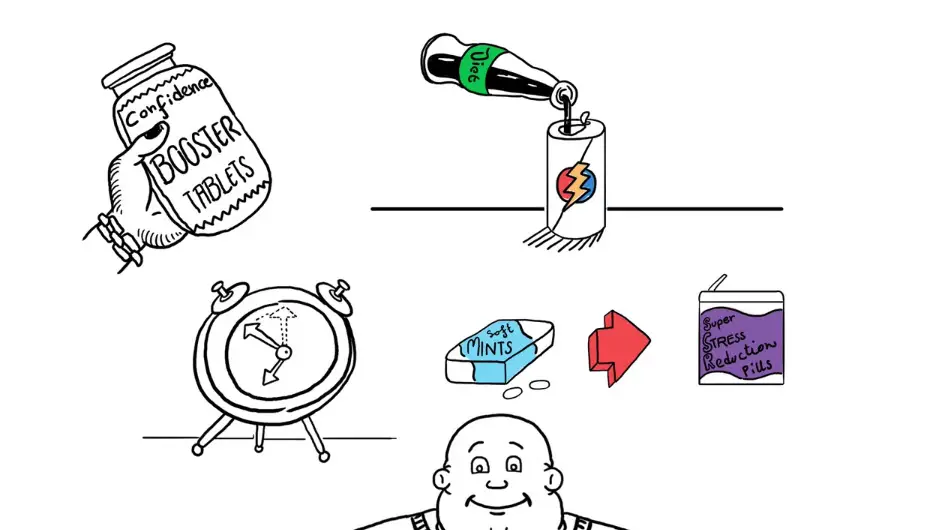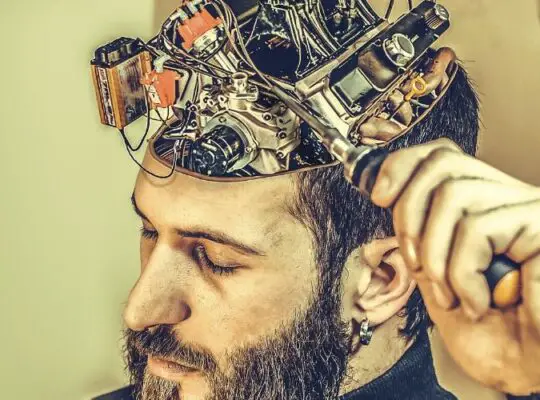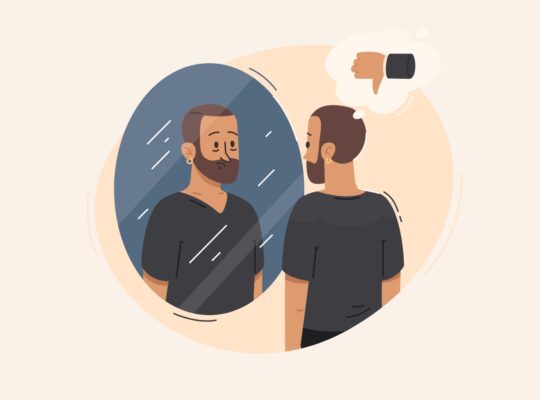Technology is advancing at an astonishing rate.
Developers are squeezing computer components into smaller and smaller spaces, so that it’s possible to fit millions of microprocessors onto the head of a pin. Yet despite this rapid growth in capability, the human brain remains the most powerful ‘computer’ on the planet.
If you could look inside your brain, you’d find it contained 100 billion nerve cells called neurons. Each of these has the equivalent of around 60 megabytes of RAM. That’s enough to process thousands of operations every second. Multiply that by 100 billion and you get some idea of the power sitting on top of your shoulders.
And if you’ve ever wondered just how powerful your brain is, the placebo effect provides the perfect example.
The placebo effect occurs when a person believes they’ve been given something that will ease their symptoms or help them cope. This often takes the form of a pill, an injection, or a cream, but whichever form it takes, it has no real medical value. However, as long as the person receiving it believes it’s going to help them manage their situation effectively, then it does.
Like the WWII soldier who was operated on when he was told he was being injected with morphine. Or the man whose cancer-riddled body was healed when he was told he was being given a potent new drug. Or the students who were able to withstand intense heat when they were told a powerful cooling gel was being applied to their wrists.

In each case, the ‘medicine’ was a placebo. Saline solution for the soldier, distilled water for the cancer patient, and simple hand cream for the students. If these were isolated incidents you might be able to dismiss them. But they’re not.
Study after study demonstrates how people can withstand almost anything when they think they’re getting some kind of assistance – even when it’s all in their mind. They believe they’re going to get better, or feel no pain, and their brain takes care of the rest. It switches off pain receptors and heals the body from within, eliminating discomfort and in some cases even reversing so-called incurable conditions.
So, how can you benefit from the placebo effect in your everyday life? Here are a few simple exercises you can put to use straight away:
1. To increase your productivity
Worried there aren’t enough hours in the day to get everything done? Set your alarm clock half an hour early. Those extra 30 minutes will make you believe you’ve got the time you need to get a head start on that to-do list.
2. To boost your confidence
Put some sugar pills in a bottle labeled “Confidence Booster Tablets.” Pop one or two in your mouth when you need a quick blast of extra self-confidence. Your mind will register that they’re confidence boosters, and that will help keep your confidence levels up.
3. To cut down on your food intake
Try eating your meals from smaller plates. You’ll feel like you’re getting a more generous portion without actually eating more, and that will help to convince you that you’re getting full faster.
4. To get a quick surge of energy
Try pouring diet soda or water into an energy drink can. You’ll feel like you’re drinking the real thing, and that will help keep your energy levels up for as long as you need.
5. To enjoy fast and natural relaxation
Label a bottle of sugar pills or mints as “Super Stress-Reduction Tablets.” You’ll read the label and the words “Stress-Reduction” will get into your brain, helping you feel like relaxation’s on its way. Take a couple of tablets whenever you need to unwind.
No-one knows exactly how the placebo effect works, but it does. It harnesses the power of the world’s most complex ‘computer’ – the human brain – to make fast, significant changes. And the best bit is that anyone can utilize it.
Learn more about the power of placebo at the Raikov Effect website.







